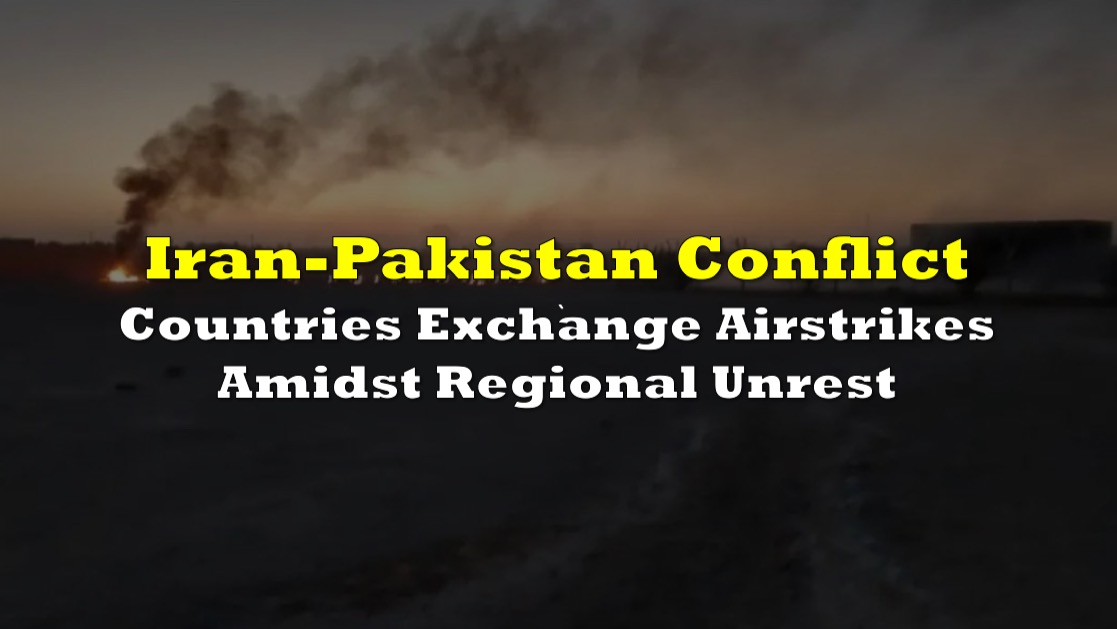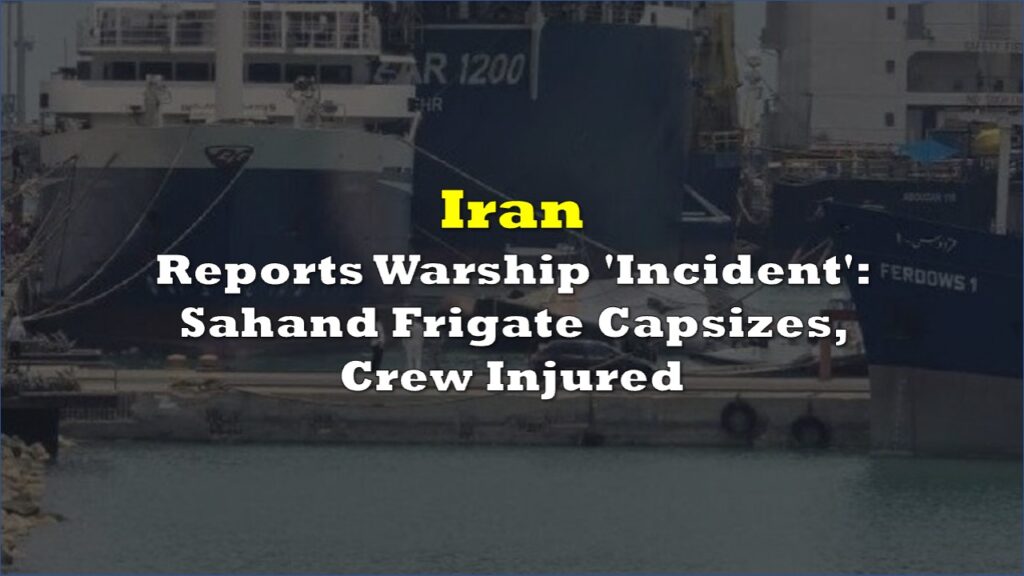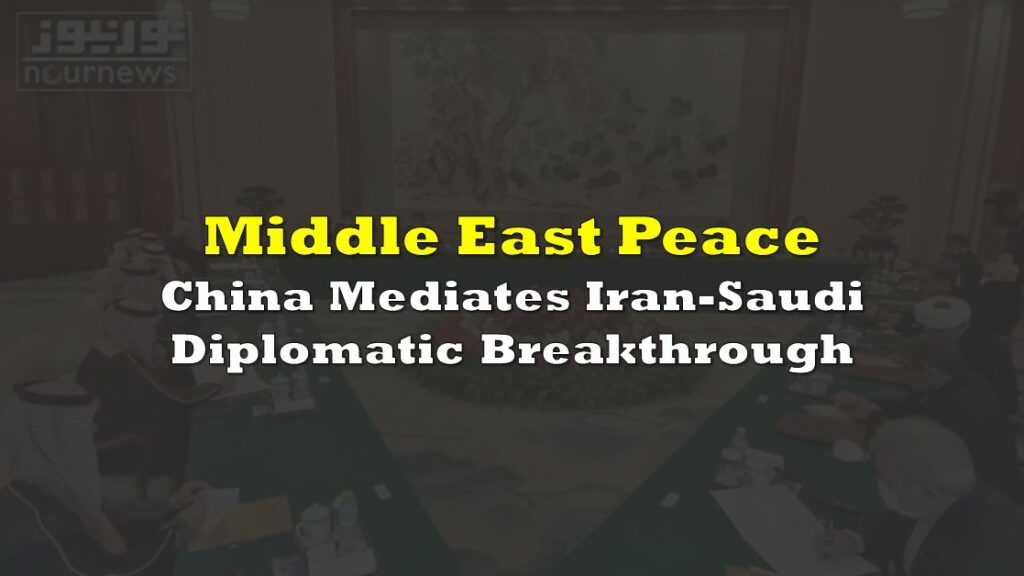Both Pakistan and Iran find themselves entangled in a series of military actions, with airstrikes reported from both sides.
The situation unfolded as the Pakistani Air Force conducted several airstrikes on a Baloch Militant Group in Eastern Iran, near the City of Saravan. The strikes, approximately 20 miles into the Sistan and Baluchestan Province from the Pakistan border, resulted in a large fire near a militant compound, engulfing the city in smoke.
Sources in the Pakistani Armed Forces are reporting that the Air Force has conducted several Airstrike tonight on a Baloch Militant Group in Eastern Iran near the City of Saravan, roughly 20 Miles into the Sistan and Baluchestan Provence from the Border with Pakistan; Smoke is… pic.twitter.com/VKO8fjohWD
— OSINTdefender (@sentdefender) January 18, 2024
“In early hours of 18 January 2024, Pakistan carried out effective strikes against hideouts inside Iran used by terrorists responsible for recent attacks in Pakistan… Hideouts used by terrorist organisations
namely Balochistan Liberation Army and Balochistan Liberation Front were successfully struck in an intelligence based operation, code name ‘Marg Bar Sarmachar’,” the Pakistani military said in a statement.
Full official statement from Pakistani military: pic.twitter.com/Pl0MBS9GpP
— FJ (@Natsecjeff) January 18, 2024
This is purportedly a retaliation by Islamabad to Iran’s earlier attack, with Tehran admitting to a missile and drone attack on western Pakistan, targeting the militant group Jaish al-Adl. The operation, according to Iran’s Foreign Minister Hossein Amir-Abdollahian, focused solely on Iranian terrorists in Pakistan, denying any harm to Pakistani citizens.
Despite these assurances, Pakistan condemned the attack, citing the killing of two children and injuring three others in Balochistan.
The consequences of this military exchange have been swift. Pakistan recalled its ambassador to Iran and barred Tehran’s envoy from returning, labeling the attack as “illegal” and warning of “serious consequences.”
China urged both nations to exercise restraint, emphasizing their status as “close neighbors.”
UPDATE: Pakistan – Iran escalation
— Joyce Karam (@Joyce_Karam) January 17, 2024
• Pakistan recalls amb. in Tehran, kicks out Iran amb.
• Iranian reports on border clashes, IRGC commander killed
• China mediation failed: local media
• Unconfirmed reports that border shut
• Saudi mediating
• India stmt backs IRAN
The situation adds to the already heightened tensions in the Middle East, with conflicts in Gaza and recent Iranian attacks in Iraq and Syria. Iran’s actions seem to be fueled by a desire to demonstrate strength and avenge recent domestic attacks. The complexity is further underscored by the delicate relationship between Pakistan and Iran, marked by mutual accusations of harboring militant groups along their shared border.
The targeted area in Balochistan, known for smuggling activities and tribal dynamics, reflects the challenges faced by both nations in securing their border regions. Analysts suggest that while the diplomatic crisis may take time to calm down, Pakistan is cautious not to escalate tensions further.
The militant group at the center of the conflict, Jaish al-Adl, operates on both sides of the Iran-Pakistan border. Designated as a terrorist group by both Washington and Tehran, the group aims for the independence of Iran’s Sistan and Baluchestan province, bordering Pakistan.
The involvement of Saudi Arabia and the UAE, both close allies of Pakistan, adds another layer of complexity to the evolving scenario. The United States has condemned Tuesday’s attack, emphasizing the precarious nature of the situation.
The trajectory of this conflict remains uncertain, with the potential for broader implications given Pakistan’s nuclear capabilities and the deep incursion into its territory by Iran.
Information for this briefing was found via BBC, CNN, and the sources mentioned. The author has no securities or affiliations related to the organizations discussed. Not a recommendation to buy or sell. Always do additional research and consult a professional before purchasing a security. The author holds no licenses.









